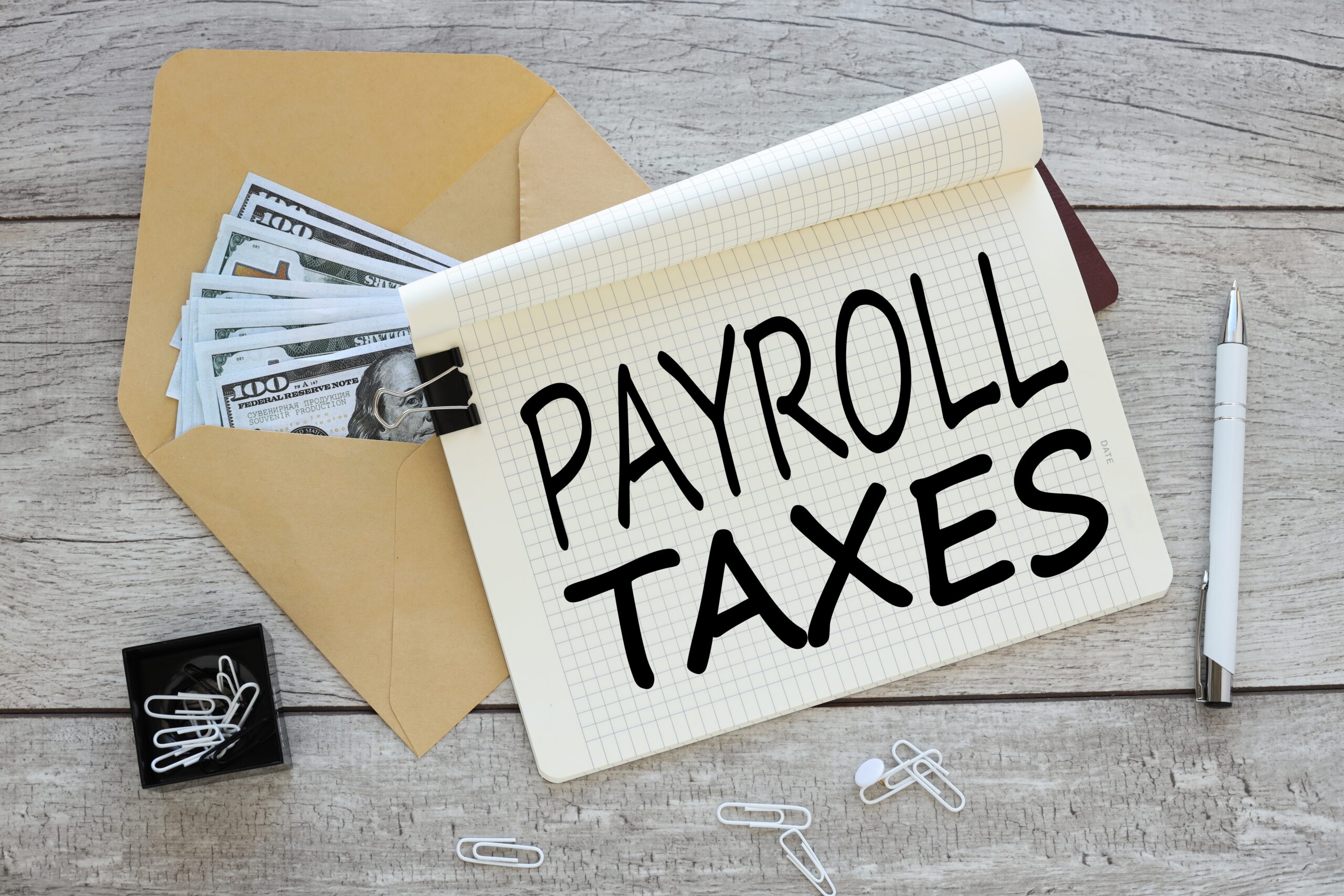House flipping—buying homes at a low price, fixing them up, and selling them quickly for a profit—can be a great way to make money. But it can also lead to big problems with the IRS if you’re not careful. Many house flippers get into trouble because they don’t fully understand the tax rules. If you’re in this situation, it’s important to know where things can go wrong and how to fix them.
Common Problems for House Flippers:
- Misclassifying Income:One of the most common mistakes is treating income from flipping houses as capital gains rather than ordinary income. The IRS often sees it as ordinary income, which is taxed at a higher rate. Mislabeling it can lead to penalties and back taxes.
- Not Reporting All Income:With so many transactions happening quickly, it’s easy to forget to report some income. But the IRS is strict about this, and missing even a little bit can trigger an audit.
- Claiming the Wrong Deductions:Many house flippers try to deduct all their expenses, but not everything is deductible the same way. Claiming the wrong deductions can draw IRS attention.
- Underestimating Quarterly Taxes:Flipping houses means you’re making money throughout the year, so you need to pay taxes quarterly. Many flippers underestimate how much they owe, which can lead to a big tax bill at the end of the year and penalties for underpayment.
How to Fix IRS Problems:
If you’re already facing IRS issues, or you think you’ve made mistakes, it’s important to act quickly. Here’s what you can do:
- Talk to a Tax Professional:A tax expert like David Rappaport can help you navigate the complex tax rules related to flipping properties. With over 36 years of experience, David can help you correct mistakes and reduce penalties.
- Amend Your Tax Returns:If you’ve made errors on past tax returns, you may need to file an amended return. A tax professional can guide you through this process.
- Explore Your Options:Depending on your situation, you might qualify for IRS programs like an Offer in Compromise or an installment agreement to help settle your tax debt.
- Plan for the Future:To avoid future problems, work with a tax expert to make sure you’re reporting income correctly, claiming the right deductions, and paying your quarterly taxes on time.
If you’re a house flipper dealing with IRS issues or want to prevent future problems, contact David Rappaport at Rappaport Tax Relief.
With hundreds of clients helped and nearly four decades of experience, David can guide you through the process and help you get back on track.
Call David at 917-488-8295 NOW for a free consultation, and secure a brighter financial future.
David Rappaport is an Enrolled Agent with over 25 years of experience in the field of taxation. He specializes in representing clients before all administrative branches of the IRS and State Taxing Authorities.



